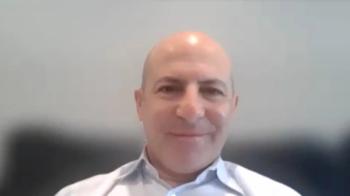
An expert from the University of California, Los Angeles described the purpose and design of the phase 3 NAPOLI-3 study, assessing NALIRIFOX in metastatic pancreatic ductal adenocarcinoma.

Your AI-Trained Oncology Knowledge Connection!


An expert from the University of California, Los Angeles described the purpose and design of the phase 3 NAPOLI-3 study, assessing NALIRIFOX in metastatic pancreatic ductal adenocarcinoma.
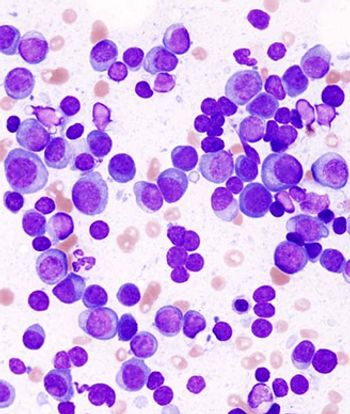
The investigational CAR T-cell therapy equecabtagene autoleucel receives fast track and regenerative medicine advanced therapy designations for managing relapsed or refractory multiple myeloma.

Data from the phase 3 ROMAN trial and the phase 2b GT-201 trial support the new drug application for avasopasem in radiotherapy-induced severe oral mucositis for those with head and neck cancer.

Talha Badar, MBBS, MD, discussed how results from the phase 3 ASCEMBL study of asciminib will impact clinical practice in treating chronic myeloid leukemia in chronic phase.

Although opioid use guidelines from the Centers for Disease Control exclude patients with cancer, drug screenings are required that could further contribute to racial disparities.

A medical oncologist and research audiologist from St. Jude Children’s Research Hospital discuss how sodium thiosulfate injection may improve quality of life by preventing cisplatin-associated ototoxicities in pediatric patients with localized non-metastatic tumors, although more research is needed.

Survival appears to be significantly improved when idecabtagene vicleucel is given vs standard of care in relapsed/refractory multiple myeloma.
![“Transfusion independence is the key to my excitement [with] momelotinib as a drug. I will likely use it in most patients in the second-line setting,” says an expert from the University of Texas MD Anderson Cancer Center.](https://cdn.sanity.io/images/0vv8moc6/cancernetwork/6b454d1cce9c39769e8c1acf1f2a6ea96669c1f9-1200x800.jpg?w=350&fit=crop&auto=format)
“Transfusion independence is the key to my excitement [with] momelotinib as a drug. I will likely use it in most patients in the second-line setting,” says an expert from the University of Texas MD Anderson Cancer Center.

Talha Badar, MBBS, MD, discussed the unmet needs in the treatment of chronic myeloid leukemia in chronic phase.

Patients 70 years or older with limited stage small cell lung cancer appear to tolerate concurrent thoracic chemoradiotherapy and have similar disease control rates as younger patients.

Although trilaciclib appears to reduce neutropenia following treatment with FOLFOXIRI and bevacizumab in patients with metastatic colorectal cancer, the phase 3 PRESERVE 1 trial will be stopped due to a lack of responses.

Talha Badar, MBBS, MD, discussed the results of the phase 3 ASCEMBL trial, demonstrating the superiority of asciminib versus bosutinib in patients with chronic myeloid leukemia in chronic phase.

An expert from Dana-Farber Cancer Institute says that policymakers and insurers should take a hard look at policies that restrict opioid use in patients with cancer who are at end of life, especially for underserved communities.

An expert from Dana-Farber Cancer Institute speaks not only to racial disparities in access to opioids for end-of-life cancer care but gender/racial discrepancies, as well.

An expert from the Georgia Cancer Center underscores the need to proactively address socioeconomic challenges in survivors of hematologic cancer.

After assessing racial disparities in opioid access in older patients with cancer, an expert from Dana-Farber Cancer Institute speaks to the need for examining younger populations and those with different insurance types.

An expert from the University of Texas MD Anderson Cancer Center says momelotinib may lead to decreased transfusion dependence vs danazol in myelofibrosis and intermediate- or high-risk anemia.
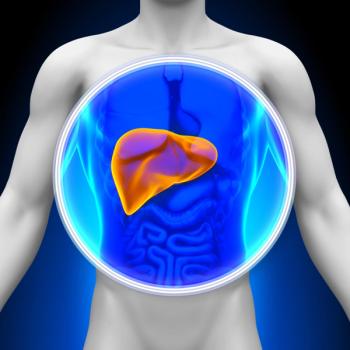
The FDA gives orphan drug designation to ezurpimtrostat, an investigational autophagy inhibitor that may benefit patients with hepatocellular carcinoma.

The addition of everolimus to vorolanib appears to improve outcomes in metastatic renal cell carcinoma.

In a meeting with the FDA’s Oncologic Drugs Advisory Committee experts discussed findings that have read out with regard to dostarlimab for patients with mismatch repair deficiency/microsatellite instability–high locally advanced rectal cancer.

Patients with mismatch repair deficient recurrent/advanced endometrial cancer can receive treatment with dostarlimab-gxly following its full approval by the FDA.

Real-world findings from an observational study indicate that bendamustine plus rituximab appears to be well tolerated by elderly patients with transplant-ineligible mantle cell lymphoma and indolent non-Hodgkin lymphoma.
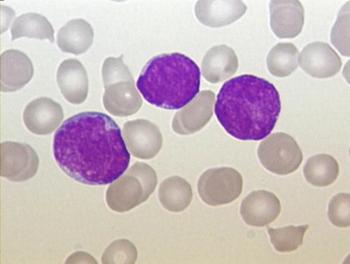
CAR T-cell therapy brexucabtagene autoleucel appears to produce an overall survival benefit among patients with relapsed or refractory B-cell acute lymphoblastic leukemia

Data from a retrospective study suggests that stereotactic body radiotherapy may be a suitable alternative to surgical resection for patients with primary lung neuroendocrine tumors, according to an expert from Moffitt Cancer Center.

An expert from Dana-Farber Cancer Institute states that although giving opioids for minor procedures could lead to substance abuse issues, use of the drugs to manage end of life cancer pain should not be up for debate.

Nicole Peeke, LCSW, ACHP-SW, emphasizes the importance of an integrated oncology care plan and that mental health care should be incorporated as a standard of care.
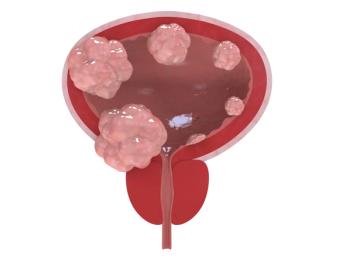
Investigators identify an association between circulating tumor DNA in the blood plasma detected via the RaDaR assay and response to treatment with neoadjuvant immunotherapy for muscle-invasive bladder cancer.
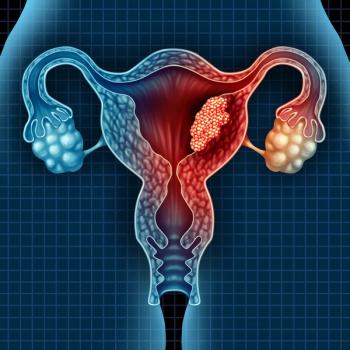
ONA-XR plus anastrozole yields preliminary clinical activity in a small population of patients with refractory, hormone receptor (HR)–positive, metastatic endometrial cancer.

An expert from Dana-Farber Cancer Institute discusses data from a study investigating racial inequities in opioid access among patients of cancer near the end of life.

Findings from the phase 2 TELMA trial suggest that atezolizumab plus bevacizumab yields robust, long-lasting outcomes for patients with metastatic nonsquamous tumor mutational burden–high non–small cell lung cancer.